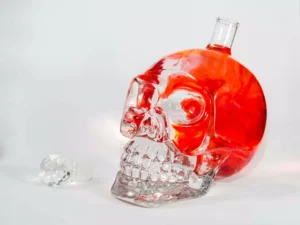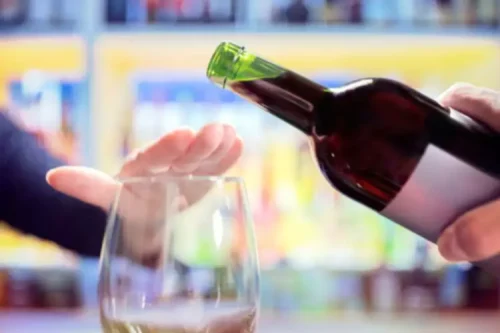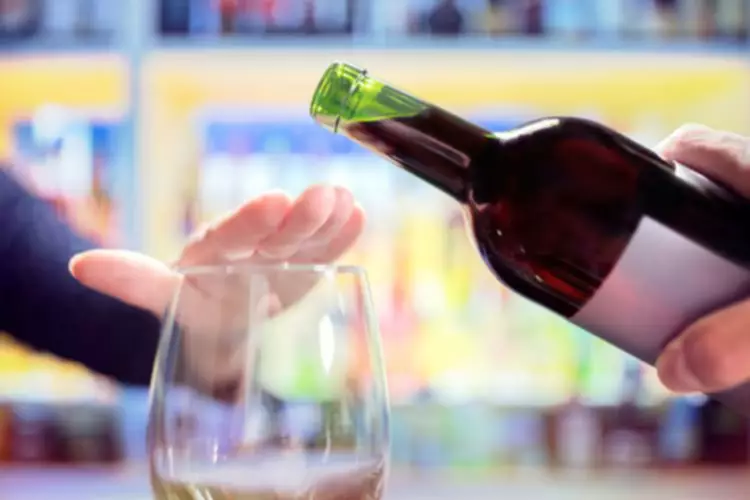
Night sweats occur while people are sleeping and are often a result of alcohol consumption. They are repeated episodes of intense perspiration, typically enough to soak your clothes and bedding. You need to be able to identify the signs of alcohol addiction so that you can ask for help and start recovery. If you are concerned that you have become too dependent on alcohol, consult your doctor. They can discuss the issue with you and arrange appropriate treatment. “The good news is that earlier stages of steatotic liver disease are usually completely reversible in about four to six weeks if you abstain from drinking alcohol,” Dr. Sengupta assures.
Alcohol & Night Sweats: The Effects of Drinking

According to research, more than 90% of alcohol is eliminated by the liver, while just 2-5% is excreted unchanged in urine, sweat or breath. Several factors outside of alcohol consumption can cause sweating. As the alcohol education charity Drinkaware Trust6 warns, the combination of alcohol and very cold weather can be dangerous and even lethal. This is because your body’s core temperature – regulated by the brain – and your body’s shell sweating after drinking temperature – influenced by the environment – are both under the influence of factors making it cooler. Many people who regularly drink excessive quantities of alcohol become alcohol-dependent. There is a great deal of help for people who are alcohol-dependent and want to stop drinking.
- Severe alcohol withdrawal can be life-threatening in certain cases.
- Alcohol makes a lot of people sweat, so the more you drink, the more often you will be sweaty.
Night Sweats and Alcohol

However unpleasant, most hangovers go away on their own, though they can last up to 24 hours. If you choose to drink alcohol, doing so responsibly can help you stay away from hangovers. Here at Castle Craig, our evidence-based treatment program for alcohol addiction has helped over 10,000 people beat their addiction and find control in their lives once again. Unfortunately, until that happens, you will have alcoholic breath.
- Several factors outside of alcohol consumption can cause sweating.
- Very little alcohol enters fat because of fat’s poor solubility.
- If you have been drinking excessively for a long time, it is important to never suddenly stop drinking as this could lead to dangerous alcohol withdrawal symptoms of seizures, coma or even death.
- This so-called booze breath has a distinct odour, and getting rid of alcohol breath isn’t as simple as chewing on some gum.
- Withdrawal symptoms can begin as soon as a few hours after your last drink or within several days.
Risk factors
Alcohol also increases urination, which makes your body lose water along with sweat and can lead to dehydration. Alcohol intolerance and alcohol withdrawal can also lead to symptoms such as night sweats and facial redness. More than 90% of alcohol is eliminated by the liver; 2-5% is excreted unchanged in urine, sweat, or breath. The first step in metabolism is oxidation by alcohol dehydrogenases, of which at least four isoenzymes exist, to acetaldehyde in the presence of cofactors.
- You must seek professional treatment for alcohol misuse and addiction.
- When the core temperature rises, the blood vessels enlarge to allow more blood flow to the surface of the body, thus releasing heat.
- However, as mentioned above, one should be careful when drinking in cold weather.
- But even low amounts of daily drinking and prolonged and heavy use of alcohol can lead to significant problems for your digestive system.
Taking one glass of alcohol after another may cool you down mentally, but physically, you may feel the heat, quite literally! Several isoenzymes of aldehyde dehyrdrogenase exist, one of which is missing in about 50% of Japanese people and possibly other south Asian people (but rarely in white people). Under normal circumstances, acetate is oxidised in the liver and peripheral tissues to carbon dioxide and water. The night sweats people experience may not vary from condition to condition.

This can help lessen the odor, as well as get rid of any bacteria that is contributing to the smell. Having night sweats or making yourself perspire won’t expel alcohol from your system any faster. Have you ever woken up in the middle of the night in a pool of sweat? Night sweats are often self-limiting and not a cause for medical intervention.

People with alcohol intolerance may need to avoid drinking alcohol to stop night sweats from occurring. Some individuals could improve their symptoms by limiting the amount of alcohol they consume. Night sweats may also result from alcohol withdrawal or alcohol intolerance. For people who already experience night sweats, including those going through menopause, consuming alcohol can worsen the sweating. Drinking alcohol in moderation can fit into a healthy lifestyle. However, if you start to notice symptoms such as excessive sweating after drinking alcohol, it might be time examine your habits.

If you suspect you have alcohol intolerance, the best way to avoid the symptoms is to avoid alcoholic beverages. As alcohol intolerance is genetic, there is no cure for it so avoidance is the best route. If you develop any of the following withdrawal symptoms after stopping alcohol use, it may be a sign that you have an alcohol use disorder (AUD).
Heavy drinkers
One of the symptoms of alcohol withdrawal is perspiration and night sweats. Severe alcohol withdrawal symptoms can result in delirium tremens (DTs). This is the most serious and life-threatening form of alcohol withdrawal that requires urgent medical attention. If you drink heavily and experience night sweats after stopping alcohol use, it could be a sign of alcohol withdrawal. Another circumstance where alcohol consumption can lead to sweating is an alcohol-related skin reaction.
